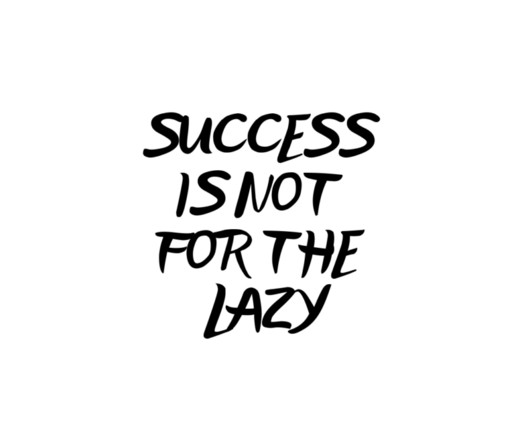Ultimate Social Work Intervention Strategies
Social Work Haven
NOVEMBER 30, 2022
Typically, assessments are perspectives constructed at a particular time and place, and include the following elements (Parker, 2013): Preparation , planning , and engagement involve working with the individual requiring support to introduce the need to perform an assessment and agree on how the social worker will carry it out.












Let's personalize your content